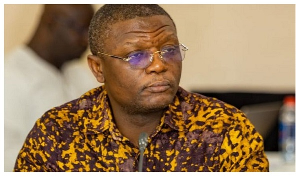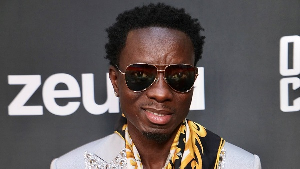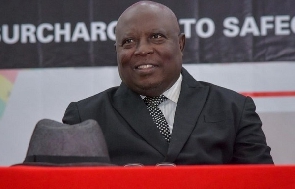Dr Mohammed Ibn Chambas, Head, United Nations Office for West Africa and the Sahel, has asked governments in the sub-region to resource the training of local women to comprehensively contribute to peace, security and stability.
He also called for a level playing field for women to fully participate in the negotiation, mediation and facilitation table of promoting peace and security in ECOWAS member states.
Dr Chambas made the call on Wednesday via a virtual platform, while chairing the “Commemoration of the 20th Anniversary of the United Nations Security Council Resolution (UNSCR) 1325” at the Kofi Annan International Peacekeeping Training Centre (KAIPTC), Accra.
The resolution 1325, adopted on October 2000, addresses the impact of war on women and the importance of women’s full and equal participation in conflict resolution, peace building, peacekeeping, humanitarian response and in post-conflict reconstruction.
The commemoration was on the theme: “Beyond 2020: Building Local Capacity to Advance the WPS Agenda in West Africa and the Sahel”.
Dr. Chambas said the participation of women in formal peace processes remained extremely limited.
The Council on Foreign Relations published data highlighting that between 1990 and 2019, women worldwide constituted just two per cent of mediators, eight per cent of negotiators and five per cent of witnesses and signatories in all major peace processes.
Meanwhile, he said, violent conflicts continued to have a devastating effect on women and girls and female human rights defenders, political leaders, journalists and activists, who played an important role in addressing the root causes of conflict, remained targets of spoilers.
Dr Chambas, also a Special Representative of the UN Secretary-General, said the marginalisation of women, the lack of access to basic services such as health and education, and economic disempowerment continued to be both a cause and an effect of violent conflicts in the region and worldwide.
The UN, he said, documented more than 800 cases of conflict-related sexual violence in 2017.
To advance sustainable development and peace, he said key strategies including gender parity, inclusivity of women to achieve sustainable peace; support to increase resilience at the community-levels in peace building processes; financing, security agenda; and the inclusion of gender analysis in all relevant decision-making documents and reports were needed. Major General Francis Ofori, Commandant of the KAIPTC, said the Centre remained committed to the full realization of women, peace and security agenda in the continent and beyond.
He encouraged all to continue to work in synergy to accelerate the implementation of the women in peace and security agenda on the continent to ensure sustainable peace and security in Africa.
General News of Thursday, 29 October 2020
Source: GNA

















